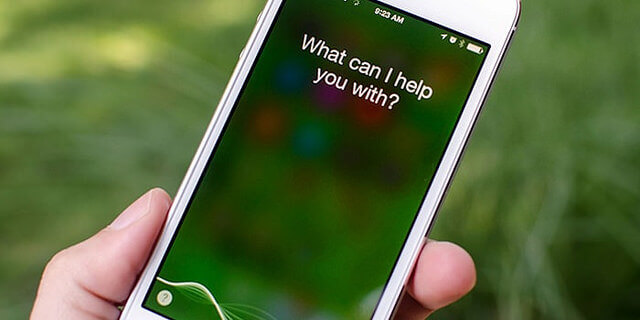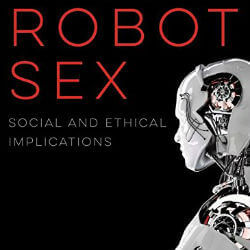Love Me, Siri: People Are Having Sexual Fantasies about Their Voice Assistants
Report reveals just how common feelings of love and attraction are for software.

According to a recent study, 25% of respondents said they’ve felt attracted to voice assistants like Apple’s Siri and Amazon’s Alexa. It also found that more than a third of regular users of voice assistants wish they were real because of their strong love for them.
The Speak Easy survey of 1,000 people was put together by creative think tank JWT Innovation and global media company Mindshare.
Reporting on the state of voice technology, the study also shared some fascinating insights on how using voice commands has begun to change the way we view our personal technology.
Being intimate with software
A major factor driving our changing relationship with tech is the sense of intimacy that can come from talking to our computers.
“There has always been something that gets in the way of our relationship with technology. We’re now ready for the most natural and intuitive form of interaction–the voice. The rise of a voice-activated world will allow us to get closer and more intimate with technology,” the report says.
This is nothing new, of course: last year Robin Labs reported that men had been attempting to “chat up” their voice assistants to fulfill their sexual desires. Similarly, Microsoft has programmed its own voice assistant, Cortana, to firmly but politely squash any attempts to flirt with it.
Of course, any discussion about sex or romance with the likes of Alexa, Cortana, or Apple’s Siri has to bring up Spike Jonze’s 2013 film Her, in which Joaquin Phoenix’s character becomes romantically involved with his operating system, voiced by Scarlett Johansson.
Talking in private
What makes the Speak Easy study interesting is how it adds a layer of understanding to why people form loving, and even sexual, feelings for voice technology. While many people still feel awkward talking to their voice assistants in public, it follows that using them in private would create a sense of intimacy.
The nuances of what’s going on still need more research, but it’s clear that it’s not the direct intent of voice assistant programmers to great flirty software. The attraction seems to be coming from two sources. The first is what Speak Easy has brought up: that developing feelings for such technology is a side effect of still being too shy to use them in public.
The second, though, speaks to what may be a much more fundamental need: that many people are finding it difficult to discuss their needs and feelings with other human beings.
Software versus humanity?
This actually makes a lot of sense. After all, technology can’t pass judgment, won’t interrupt, doesn’t have an agenda (unless it’s programmed to), and will listen for as long as you need.
This has caused some concern that people who prefer software might, in turn, be disappointed in humans or treat them as equally artificial—even disposable.
Kathleen Richardson and Erik Billing have used some elements of this in Campaign Against Sex Robots. As they say on their site: “We propose that the development of sex robots will further reduce human empathy that can only be developed by an experience of mutual relationship.”
A friend who is always there
Is really having someone to talk to such a bad thing though? Right now agents like Siri, Cortana, and others are friendly voices—and not much else.
In the next decade or so, though, it’s not too hard to speculate that they could be programmed not just to listen but respond in ways that could truly help people through personal troubles. It might even be possible to build them to create a sense of a “mutual relationship.”
In any event, much more study is clearly needed. But in the meantime, if you have any further questions just ask your voice assistant.
If that doesn’t work just wait a few more years—or ask a human being.
Image source: iphonedigital
Leave a reply
You must be logged in to post a comment.

















